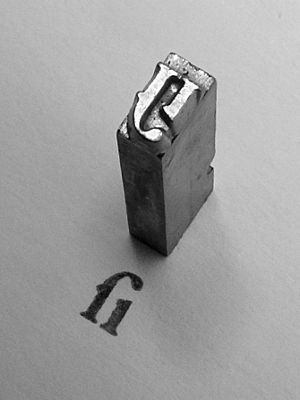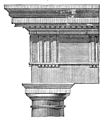Glyph facts for kids
A glyph is a single symbol or mark used in writing. Think of it as a basic building block of a written language. For example, the letter "A" is a glyph, and so is the number "7". Even a punctuation mark like a comma (,) is a glyph!
Sometimes, different letters can be joined together to form one special glyph. This is called a ligature. A good example is the symbol æ often seen in older words like "archæology". This single symbol actually represents the letters "a" and "e" joined together.
Contents
What Makes a Mark a Glyph?
A mark becomes a glyph when it is part of an agreed set of symbols used in a specific writing system or language. This means that a symbol might be a glyph in one language but not in another.
Glyphs Across Languages
Let's look at an example. The letter ñ (an "n" with a tilde mark above it) is a very important glyph in the Spanish language. You see it in words like "piñata". In Spanish, the tilde changes the sound of the "n". However, in English, the symbol ñ is not a standard letter or a recognized glyph. If you saw it in an English word, it would likely be a mistake or a foreign word.
Ligatures: Joined Glyphs
As mentioned, a ligature is a special type of glyph where two or more letters are combined into a single symbol. This was often done in older printing to make text look smoother or to save space. Besides æ, another common ligature is fi (f and i joined together). These joined symbols are still considered single glyphs.
Images for kids
See also
 In Spanish: Glifo para niños
In Spanish: Glifo para niños
 | Valerie Thomas |
 | Frederick McKinley Jones |
 | George Edward Alcorn Jr. |
 | Thomas Mensah |



